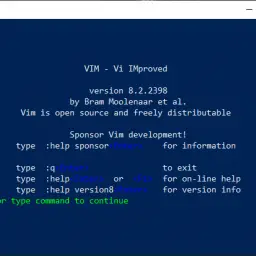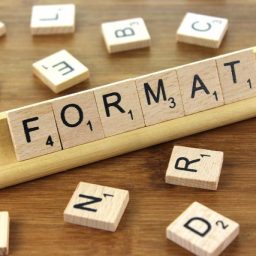Overview of JavaScript Promises
Have you ever found yourself writing JavaScript code that becomes difficult to read because there are so many nested callbacks? Or do you get frustrated when your browser becomes unresponsive as it struggles to perform long-running operations in client-side code? Well, promises are designed to solve those problems! In this post we will discuss exactly […]







